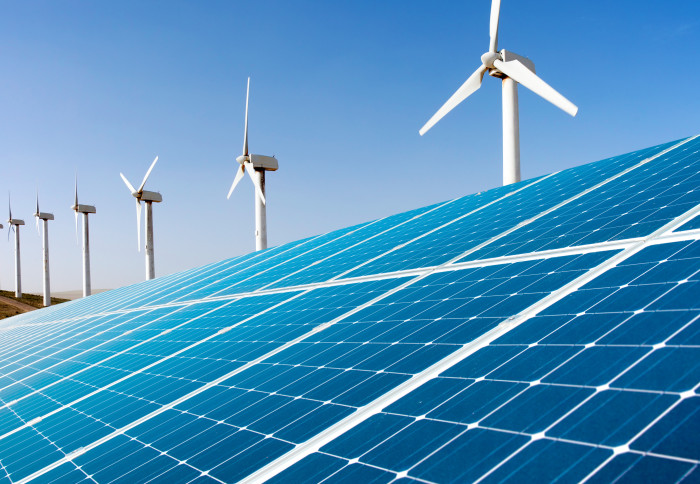Clean energy investing makes financial as well as climate sense says new report

Clean energy transitions can be successful if institutional investors, corporates and governments increase the funding of renewable infrastructures.
This is according to a new report by the Centre for Climate Finance & Investment at Imperial College Business School. In the report, the authors argue that accelerating the energy transition could be addressed by public and private investments towards unlisted renewables such as wind, solar and hydropower across developed and developing economies.
The authors compared the performance of these investments with those in a broader range of unlisted assets across a range of sectors, including transport and telecommunications.
The report reveals that unlisted renewable assets generated superior returns on investment than the broader unlisted infrastructure assets and listed market benchmark (MSCI ACWI) over the last 10 years. Unlisted assets are investments that aren't listed on an exchange, such as the stock exchange.
The analysis showed that in the unlisted renewables market, wind assets, largely onshore wind, accounted for more than half of the portfolio constituents, with solar and hydropower each comprising one-fifth. Unlisted renewable assets outperformed the broader unlisted infrastructure assets, such as transport and telecommunications, as well as the listed market benchmark, the MSCI All Country World Index, over the past ten years.
The report is the third in a series of joint reports with the International Energy Agency (IEA), aimed to establish greater transparency for policy makers and institutional investors by analysing the financial performance of clean energy assets across listed and unlisted markets globally, including emerging economies.
"Government, corporate and investor flows are required to fund the transition to a lower carbon economy in advanced and emerging markets." Mili Fomicov Researcher at the Centre for Climate Finance & Investment
The findings show that for clean energy transitions to be successful, institutional investors, corporates and governments need to increase the funding of the renewable infrastructures globally – particularly in emerging and developing economies. The authors conclude that investing in renewable infrastructure makes sense from a financial perspective.
Mili Fomicov, Researcher at the Centre for Climate Finance & Investment at Imperial College Business School said: “Government, corporate and investor flows are required to fund the transition to a lower carbon economy in advanced and emerging markets. Recent disturbing geo-political events highlight the need to accelerate the energy transition and that renewables are a more viable source of energy supply. Our study demonstrates that this investment could provide financial and diversification benefits”
Inchan Hwang, Energy Investment Analyst at the International Energy Agency (IEA), said: “Clean energy transition requires mobilizing institutional capital at scale across listed and unlisted markets. This paper focuses on unlisted markets, demystifying the financial performance of unlisted renewable assets. Our findings establish greater financial transparency in clean energy markets and support policymakers and institutional investors to take bold actions towards clean energy investing.”
The report, Climate Infrastructure Investing: Risks and Opportunities for Unlisted Renewables is available to download from the Business School website.
Article text (excluding photos or graphics) © Imperial College London.
Photos and graphics subject to third party copyright used with permission or © Imperial College London.
Reporter
Laura Singleton
Communications Division